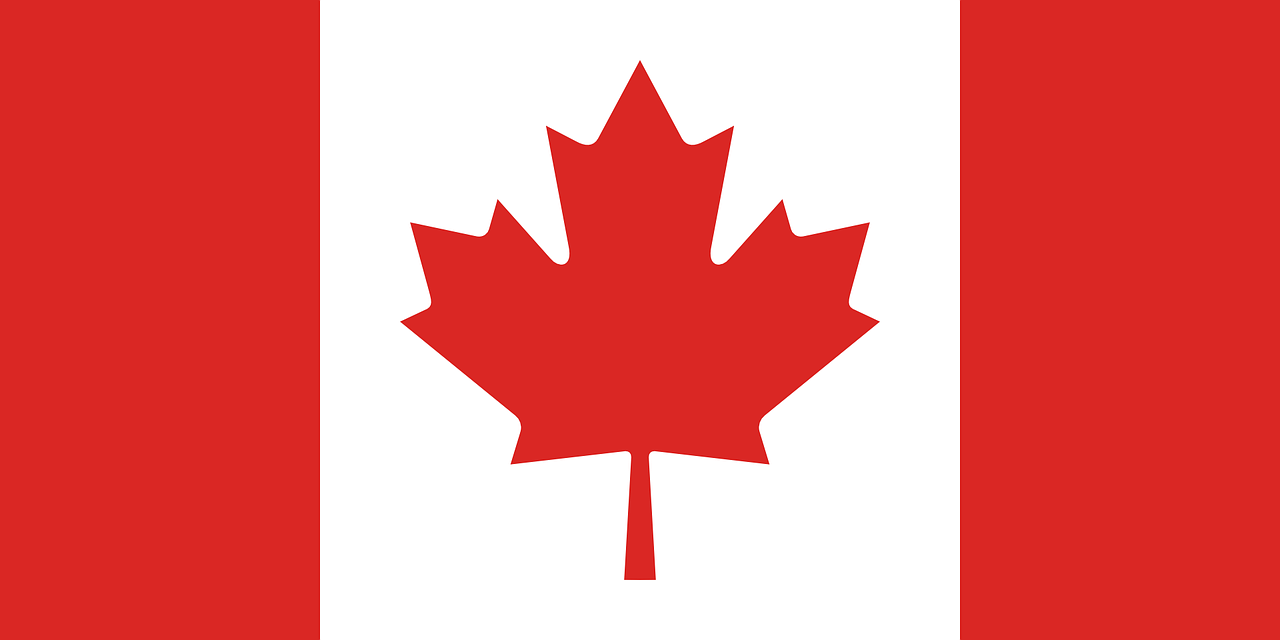A Guide to Canada’s Permanent Residency Criteria
Canada is a prime destination for immigrants worldwide due to its robust economy, high standard of living, and commitment to multiculturalism. For many, becoming a permanent resident (PR) of Canada opens doors to a stable and prosperous life, providing access to healthcare, education, and the freedom to live and work across the country. But the question remains: who is eligible for Canada PR? In this comprehensive guide, we will explore the key pathways, detailed eligibility criteria, and the factors influencing your chances of becoming a permanent resident of Canada.
Why Pursue Canada PR?
Before delving into the eligibility criteria, it’s essential to understand the benefits of obtaining Canada PR status. Canada offers one of the most welcoming immigration policies, making it a beacon for professionals, entrepreneurs, families, and students. Here are the top benefits:
- Right to Live, Work, and Study Anywhere: PR status allows you to live, work, or study anywhere in Canada.
- Access to Social Services: Permanent residents enjoy access to Canada’s excellent healthcare system and other social services.
- Pathway to Citizenship: After obtaining PR status, you can eventually apply for Canadian citizenship, provided you meet certain requirements.
- Legal Protection: PR holders are protected under Canadian law and the Canadian Charter of Rights and Freedoms.
With these benefits in mind, let’s explore the pathways available for Canada PR and their respective eligibility requirements.
Major Pathways to Obtain Canada PR
Canada offers multiple immigration programs tailored to different profiles, from skilled workers to entrepreneurs and families. Here are the major pathways:
1. Express Entry System
The Express Entry system is Canada’s primary immigration pathway for skilled workers and one of the fastest routes to obtain PR status. Introduced in 2015, it uses a points-based system to evaluate and select candidates based on their Comprehensive Ranking System (CRS) score.
Eligibility Criteria for Express Entry:
- Language Proficiency: Applicants must demonstrate proficiency in English or French through standardized tests such as IELTS, CELPIP, or TEF Canada. The minimum Canadian Language Benchmark (CLB) levels vary depending on the specific stream (e.g., Federal Skilled Worker Program, Federal Skilled Trades Program, or Canadian Experience Class).
- Work Experience: Candidates generally need at least one year of full-time, continuous skilled work experience classified under the National Occupational Classification (NOC) skill levels 0 (managerial jobs), A (professional jobs), or B (technical jobs and skilled trades).
- Education: An Educational Credential Assessment (ECA) is required to verify the equivalence of your foreign degree, diploma, or certificate to Canadian standards.
- Proof of Funds: Applicants must demonstrate that they have sufficient funds to support themselves and their families unless they are currently authorized to work in Canada or have a valid job offer.
- Age: Younger candidates typically score higher on the CRS scale due to their longer working years ahead, contributing to Canada’s economy.
The Express Entry pool operates through regular draws, and candidates with the highest scores receive Invitations to Apply (ITA) for PR.
2. Provincial Nominee Program (PNP)
Each Canadian province and territory (except Quebec, which operates its own program) runs its own Provincial Nominee Program. PNPs target specific skills, occupations, or demographic needs, allowing provinces to nominate candidates who wish to settle there.
Eligibility Criteria for PNP:
- Provincial Requirements: Each province establishes its unique set of requirements based on its labor market needs. For instance, British Columbia may prioritize IT professionals, while Saskatchewan might focus on agricultural or healthcare workers.
- Job Offer: Some streams may require a valid job offer from a local employer, while others, such as certain streams aligned with the Express Entry system, do not.
- Adaptability: Being able to demonstrate an intention to reside and integrate within the chosen province is key. Provinces often require applicants to have a connection such as prior work or study experience within the region.
3. Family Sponsorship
The family sponsorship program enables Canadian citizens and PR holders to sponsor specific family members to join them in Canada. This pathway promotes family reunification, which is a core principle of Canada’s immigration system.
Eligibility Criteria for Family Sponsorship:
- Eligible Sponsors: Sponsors must be at least 18 years old and either Canadian citizens or PR holders residing in Canada.
- Eligible Family Members: Family members eligible for sponsorship include spouses, common-law or conjugal partners, dependent children, parents, and grandparents. Siblings, nieces, nephews, and other relatives may be eligible in exceptional cases.
- Financial Ability: Sponsors are responsible for financially supporting their sponsored family members for a specific duration to ensure they do not rely on social assistance.
4. Canadian Experience Class (CEC)
The Canadian Experience Class is specifically tailored for individuals with skilled work experience in Canada, such as international graduates and temporary foreign workers. This stream provides a faster path to PR.
Eligibility Criteria for CEC:
- Work Experience: You must have at least one year of skilled work experience in Canada within the last three years, typically in NOC skill levels 0, A, or B.
- Language Proficiency: Candidates must meet minimum language requirements in either English or French, proven by standardized tests.
5. Start-up Visa Program
Entrepreneurs with innovative business ideas that can create jobs for Canadians are eligible for the Start-up Visa Program. Canada seeks to attract business-minded individuals who can contribute to its economy.
Eligibility Criteria for the Start-up Visa:
- Letter of Support: You must secure a commitment from a designated organization (venture capital, angel investor, or business incubator) willing to support your business idea.
- Ownership Requirements: The business must meet minimum ownership and voting rights requirements.
- Language Proficiency: Meeting minimum CLB levels in English or French is mandatory.
- Proof of Funds: Demonstrating sufficient settlement funds to establish yourself and your family in Canada is required.
6. Quebec Skilled Worker Program (QSWP)
Quebec operates its own immigration system, which is separate from the federal government’s programs. The QSWP is tailored for skilled workers who intend to live and work in the province.
Eligibility Criteria for QSWP:
- Points-Based System: Applicants are evaluated based on education, work experience, age, language proficiency (French is prioritized), and other factors.
- Intent to Reside in Quebec: Demonstrating a genuine intention to settle in Quebec is essential for success.
Key Factors Influencing Canada PR Eligibility
- Language Proficiency: Achieving high scores on approved language tests can boost your CRS score, enhance your chances in PNPs, and satisfy specific program requirements.
- Education Credentials: Having recognized academic qualifications can increase your CRS score and help you qualify under various pathways.
- Work Experience: Relevant skilled work experience, either in Canada or abroad, plays a critical role in Express Entry, CEC, and PNP applications.
- Adaptability: Factors such as having Canadian relatives, Canadian work experience, or studying in Canada can improve your profile.
- Job Offer: A job offer from a Canadian employer may improve your CRS score, make you eligible for certain PNP streams, and demonstrate intent to integrate into the local economy.
Common Questions about Canada PR Eligibility
1. Can I apply for Canada PR with a criminal record?
Certain criminal offenses can lead to inadmissibility to Canada. However, you may still be eligible through rehabilitation measures or a Temporary Resident Permit (TRP).
2. Is hiring an immigration consultant necessary?
While not mandatory, an immigration consultant or lawyer can simplify the process and offer guidance tailored to your unique circumstances.
3. How long does the PR application process take?
Processing times vary. Express Entry applications typically take six months from submission, while PNP and family sponsorship applications may take longer.
4. Can I include my family in my PR application?
Yes, you can generally include your spouse, common-law partner, and dependent children in your PR application.






